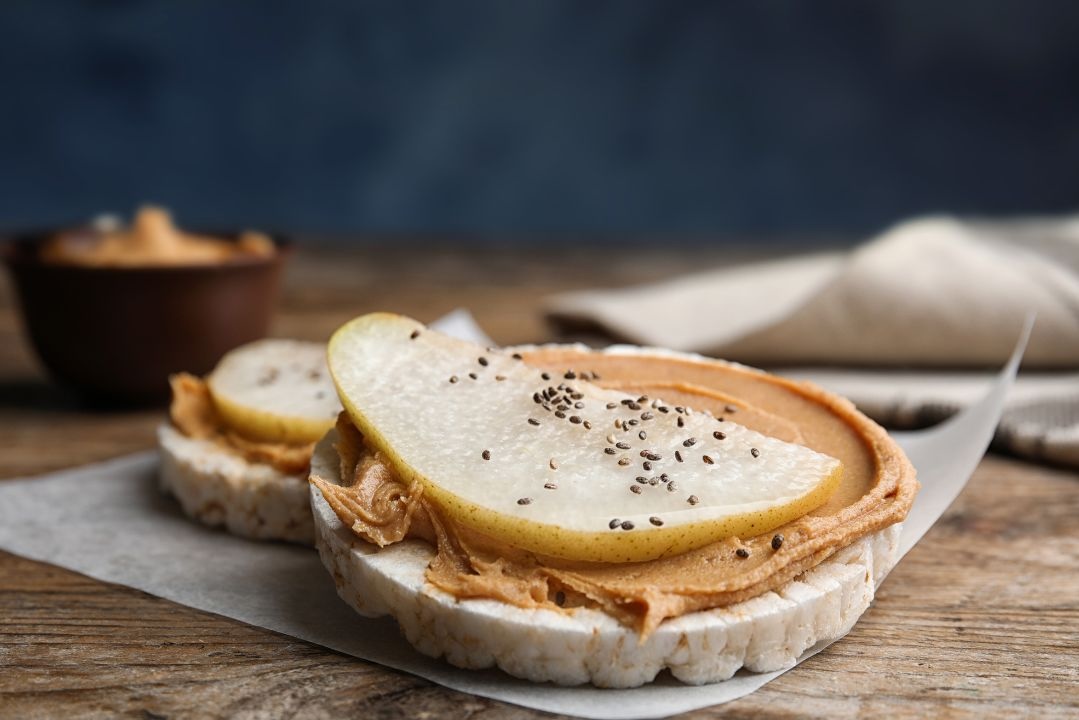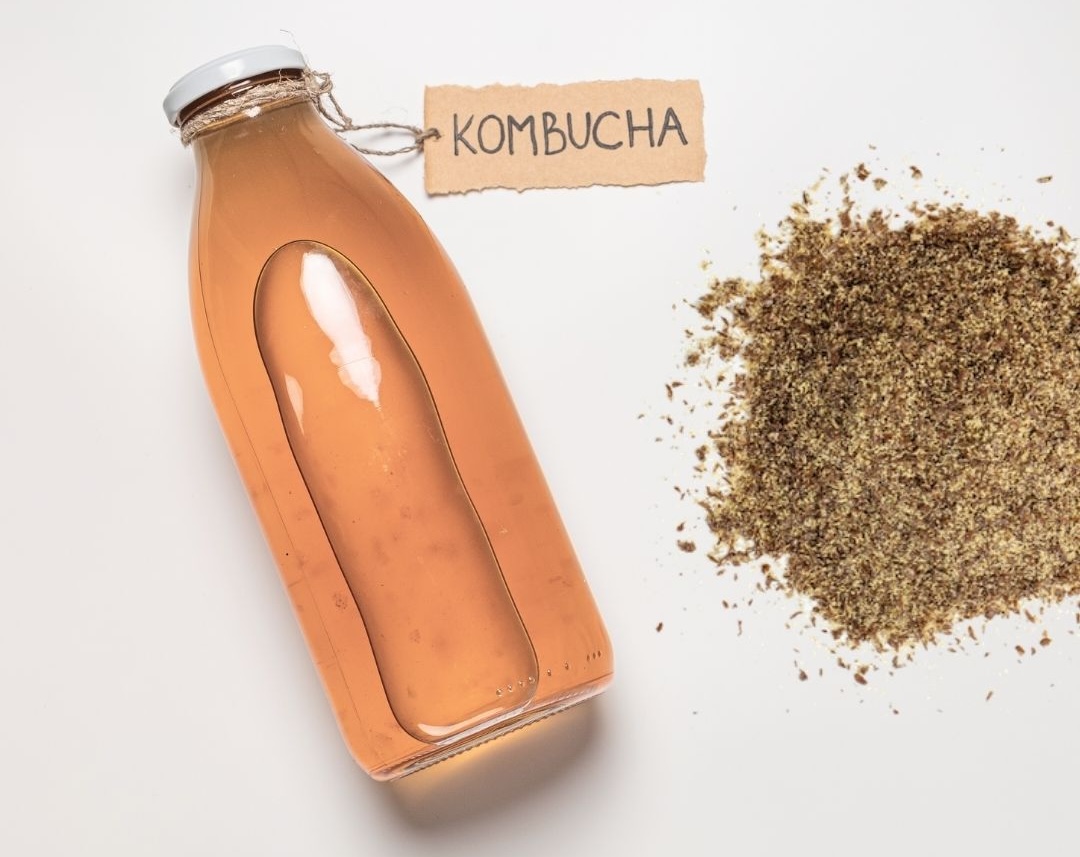AD This article contains product references
In this fast-paced world that we live in, taking care of our bodies often takes a backseat to the demands and pressures of everyday life. However, making teeny tiny dietary changes can make a huge difference to overall health and well-being. In this blog, we’ll explore small, yet impactful changes that you can take on practically and sustainably, that when performed consistently over time, will naturally form part of your everyday routine.
Breaking the fast
Breakfast plays a crucial role in regulating blood sugar levels throughout the day. When you wake up in the morning, your body has been in a fasting state during the night, and your blood sugar levels will likely be quite low. Eating a balanced breakfast helps replenish glucose stores, providing energy for the day ahead.
It is incredibly important to ensure that you balance your plate (or bowl) at breakfast and include a combination of protein, healthy fats, and fibre alongside your desired choice of carbohydrates. This combination of balanced macronutrients, supports blood sugar levels and helps to promote a slow and steady release of energy, preventing a mid-morning slump and cravings for elevenses.
What does that look like?
Well, perhaps you start your day with oats (carbohydrates). You could add in some berries (fibre), a sprinkle of milled flaxseed (healthy fats) and some Greek yoghurt (protein).
Maybe you like toast (carbohydrates). You can add sauteed spinach in olive oil (fibre and healthy fats), and 2 poached eggs (protein).
Or if you like a smoothie, you can add a banana (carbohydrates), some kefir yoghurt (protein), 1 tbsp of shelled hemp seeds (healthy fats), 1 handful of blueberries (fibre), alongside a sprinkle of cinnamon and your milk of choice.
Mindful mealtimes
As a rule of thumb, aim for 3 balanced meals a day and enjoy 1-2 snacks in between.
Aim to keep mealtimes similar times each day so that your body gets into a familiar routine and aim for around 3-4 hours gap in between eating, to allow your digestive system to be working efficiently. When travelling, try to keep as much consistency to your regular routine as possible, to limit the impact on your digestive system.
Try to avoid eating late into the evening as this can negatively affect sleep and the circadian rhythm (body clock) and may contribute to conditions like heartburn and indigestion.
On-the-go beverages
Whilst the drinks shelves may be tempting on the go, many popular fizzy drinks are laden with artificial sweeteners, which have been shown to disrupt blood sugar levels as well as negatively affecting the delicate microflora of the gut.
Instead of artificially sweetened fizzy drinks, consider swapping for either plain water, a naturally sparkling botanical drink or for drinks like water kefir or kombucha. Both water kefir and kombucha are fermented drinks which provide a source of probiotics, that help to promote a healthy gut microbiome. Water kefir is a great alternative to regular kefir, for those who are dairy intolerant or following a dairy-free diet.
If coffee is your go-to hot drink, and you’re partial to a latte, swap oat milks for almond, coconut, or regular milk to help support blood sugar balance. An entire cup of oat milk alone could contribute to a dip in blood glucose that could manifest as fatigue, cravings or even brain fog.
You could also consider swapping out coffee for a matcha, which contains less caffeine but an abundance of antioxidants. Alternatively, for a completely caffeine free latte option, opt for a turmeric latte. Turmeric contains lots of benefits, including anti-inflammatory properties and antioxidants, plus can support digestion via enhancing digestive enzyme activity.
Smart snacking
Aim to source or create balanced snacks, pairing carbohydrates with healthy fats or protein. E.g. Rice cakes (carbohydrates) with nut butter (healthy fats)
Always carry a snack on you or have one to leave at your desk, to have during emergencies and times where things don’t go to plan. If you have a sweet tooth, create your own trail mix using nuts and seeds and a little dark chocolate as great snack to provide healthy fats and fibre; and to keep you satiated in between meals.
For options that will help keep you fuller for longer, opt for protein-rich snacks when out and about and searching for snacks in supermarkets or café-chains. Protein-rich options include things like yoghurt pots, edamame, crudities with hummus, boiled eggs with spinach, and even roasted chickpeas/lentils.

Combatting hunger pangs
Sometimes, our bodies confuse thirst with hunger. Ensure you’re drinking enough water throughout the day to stay properly hydrated. Always carry a stainless-steel, glass, or BPA-free water bottle with you and set a reminder on your phone if you know you forget to drink regularly.
Ensure your meals have plenty of fibre. Half of your plate at mealtimes should ideally consist of non-starchy vegetables that are rich in fibre. These include vegetables such as: peppers, cabbage, courgette, aubergine, tomatoes, celery, cucumber, broccoli, cauliflower, pak choi, fennel, lettuce, and kale.
At breakfast times, add extra fibre in the form of milled seeds like flaxseed which contain 5g fibre per 2x dessert spoons. Starting your day with a fibre-rich breakfast will certainly make the 30g fibre-a-day recommendation a lot easier.
Dietary fibre provides the substrate for short-chain fatty-acids in the gut. These short-chain fatty-acids can promote reduced appetite and increase feelings of satiety via their influence on hormones that play a role in appetite regulation.
Top tips
Try not to overwhelm yourself with too many changes at once.
Just aim for one small change at a time, that you can easily achieve, to motivate you to continue to make more positive changes.
Micro habits shift the focus from the end goal to the process of building good habits. This mindset encourages you to enjoy the journey, celebrate small wins, and stay committed to daily practice.
Cara Shaw
Registered Women’s Health Nutritional Therapist & Nutrigenomics Practitioner
 Cara Shaw is a Registered Women’s Health Nutritional therapist & Nutrigenomics Practitioner with a special interest in PCOS, infertility and hormonal imbalances. Her expertise in nutritional therapy is all about uncovering the root cause of issues and diving deep into the ‘why’, in order to support an individual via both nutritional and lifestyle recommendations. She draws from personal experience to empower others.
Cara Shaw is a Registered Women’s Health Nutritional therapist & Nutrigenomics Practitioner with a special interest in PCOS, infertility and hormonal imbalances. Her expertise in nutritional therapy is all about uncovering the root cause of issues and diving deep into the ‘why’, in order to support an individual via both nutritional and lifestyle recommendations. She draws from personal experience to empower others.
Further Information
If you’re worried about making a change to your diet, always speak to your GP or contact a Registered Dietitian or Nutritional Therapist.
You may wish to make small changes one at a time so that you can see what works for you. We advise planning nutritional needs to ensure your digestive health and wellbeing is supported. If you live with IBS you may wish to use our IBS food diary to track any changes. Please visit our Downloads section for your free template.










